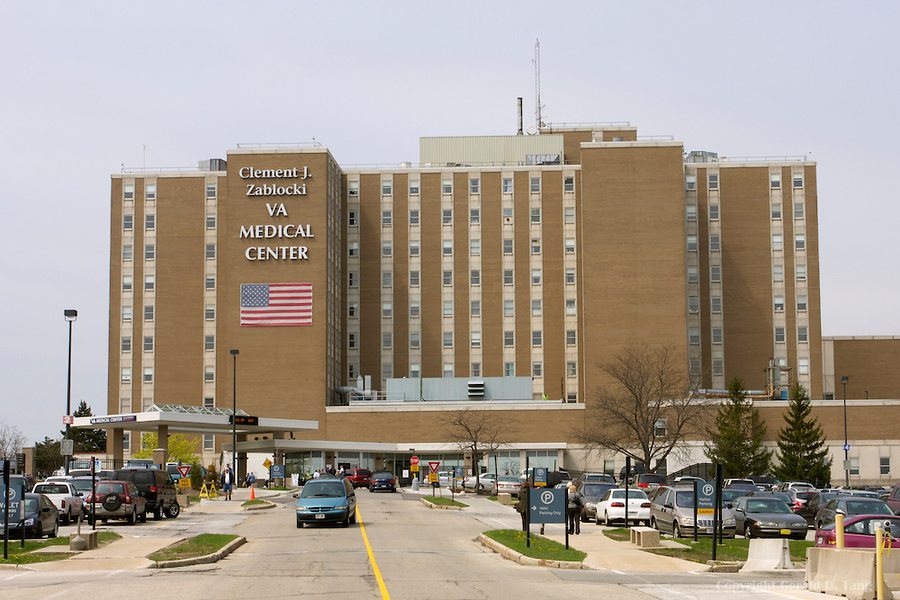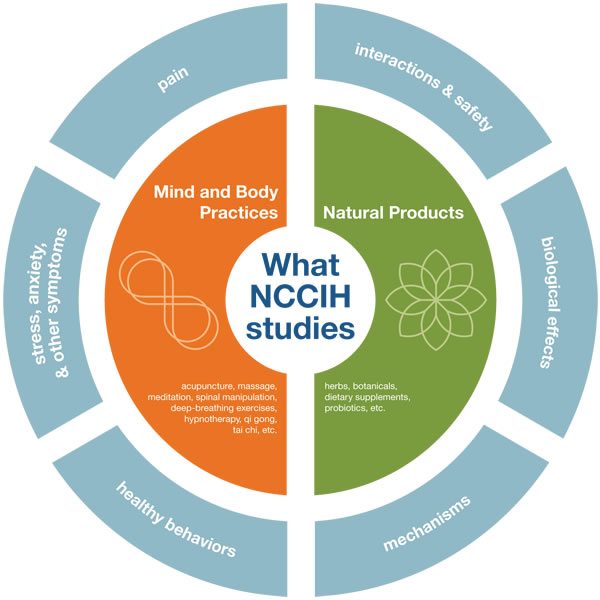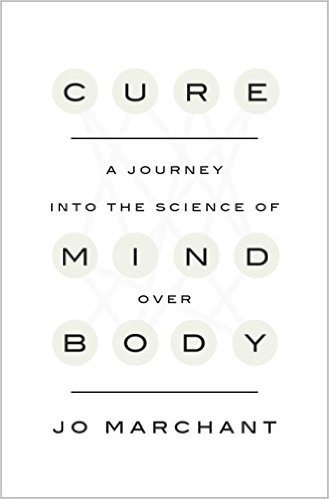Results for: tcm

“Complementary and Integrative Health” at the VA: Integrating pseudoscience into the care of veterans
In return for their service to our country, veterans deserve the best science-based medical care that we as a nation can provide. Unfortunately, the VA is integrating quackery into its medical care even more enthusiastically than medical academia.

Vegan Betrayal: The Myths vs. the Realities of a Plants-Only Diet
NOTE: The original version of this book review was criticized for not making it clear when I was simply reporting the book’s content and when I was expressing support for one of its arguments. I have revised it to make it more clear. The additions are marked by brackets. Vegetarians come in several flavors. Ovo-vegetarians eat eggs, lacto-vegetarians eat dairy products but...

Acupuncture does not work for menopause: A tale of two acupuncture studies
Arguably, one of the most popular forms of so-called “complementary and alternative medicine” (CAM) being “integrated” with real medicine by those who label their specialty “integrative medicine” is acupuncture. It’s particularly popular in academic medical centers as a subject of what I like to refer to as “quackademic medicine“; that is, the study of pseudoscience and quackery as though it were real...

NCCIH Strategic Plan 2016-2021, or: Let’s try to do some real science for a change
It’s no secret that we at Science-Based Medicine (SBM) are not particularly fond of the National Center for Complementary and Integrative Health (NCCIH). Formerly known as the National Center for Complementary and Alternative Medicine (NCCAM) and before that the Office of Alternative Medicine, NCCIH has been the foremost government agency funding research into quackery for the last 24 years, and, of course,...
Acupuncture for Coronary Artery Disease
I have spent the last 35 years mostly in acute care medicine. Spending my day in the hospital gives me the bias that we are fragile creatures who can die unexpectedly and easily. Much of the time we pull patients through, but I have a great respect for acute diseases. Over the years I have seen too many people wake up feeling...
Curse Removal from the Annals. More Acupuncture Nonsense.
A short post this week. Last weekend was a busy call weekend and as I type this I am heading for Palm Springs for a long weekend of hiking in the desert. If there is no entry in 14 days, look for my bleached bones somewhere in Joshua Tree. Some observations about a recent article in the once-respected Annals of Internal Medicine,...
Pseudoscience sneaks into Ohio guidelines for non-drug pain treatment
Ohio recently issued Acute Pain Prescribing Guidelines as part of an effort to reduce the epidemic of opioid abuse and death from overdose. They were drafted under the auspices of the Governor’s Cabinet Opiate Action Team (GCOAT), assisted by medical organizations and other groups. The guidelines include recommendations for non-pharmacologic treatment, a typical feature of pain treatment guidelines and a worthy effort...

Cure Is About Caring, Not Curing: Placebos, Alternative Medicine, and Patient Comfort
In a recent post, Dr. Gorski criticized two articles by Jo Marchant on placebos and alternative medicine. He mentioned that she had a book coming out and suggested I might want to review it. The title is Cure: A Journey into the Science of Mind Over Body. I don’t know of any evidence that the mind has ever cured a disease, so...
The Fog of Medicine
I often get called on to be a diagnostician. The referring doctor is uncertain what is going on in the patient, often a fever of unknown origin, and they call me to help figure it out. Sometimes I do, sometimes I don’t. Making the correct diagnosis is not easy, even after 35 years. The classic phrase is the fog of war, but...


The Harm of Integrative Medicine: A Patient’s Perspective
I was diagnosed with cancer and entered treatment, at which point I directly experienced both excellent scientific care, and also the utter nonsense that is alternative medicine, rebranded as integrative medicine. Here are my reflections on the experience.